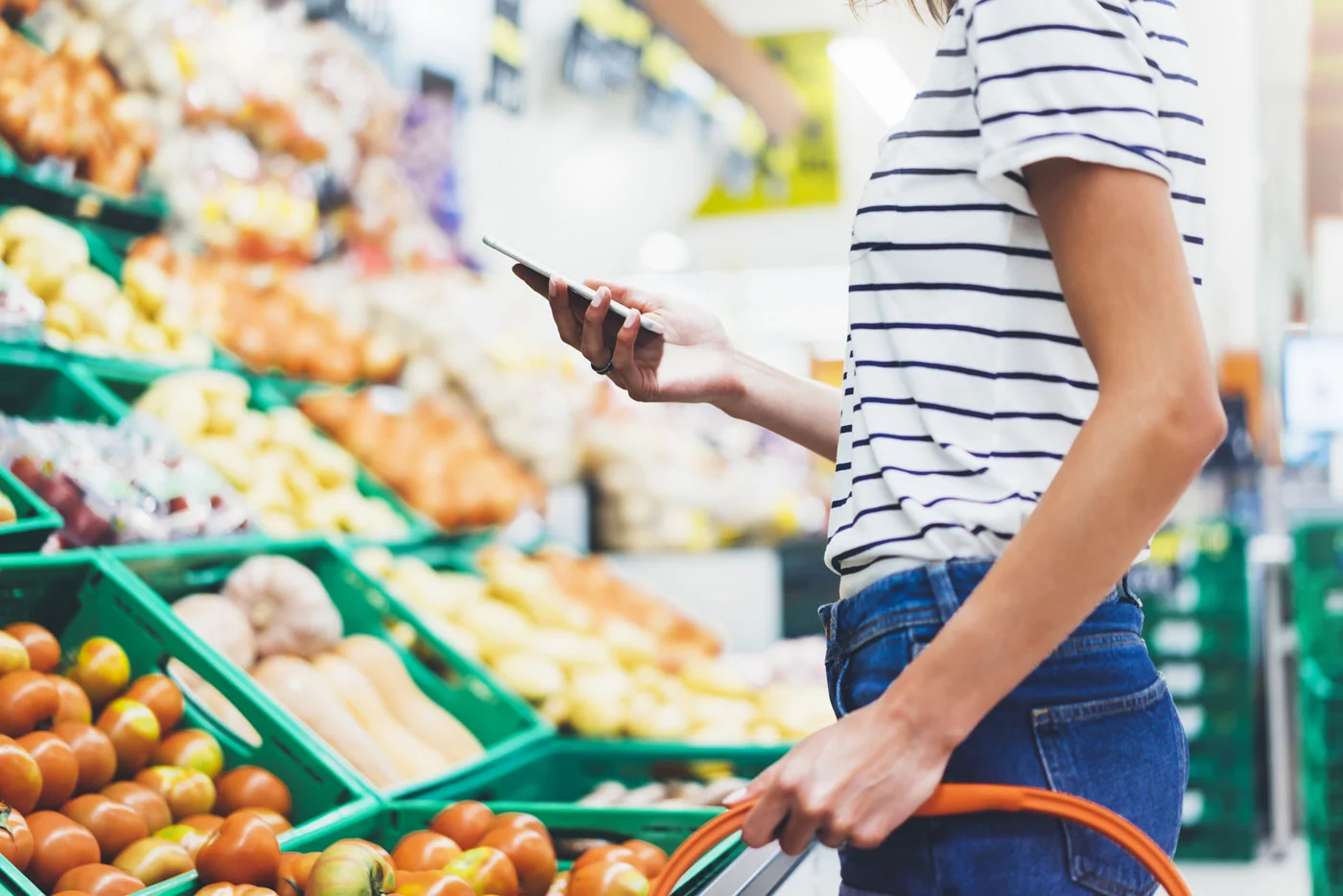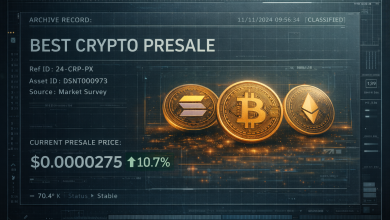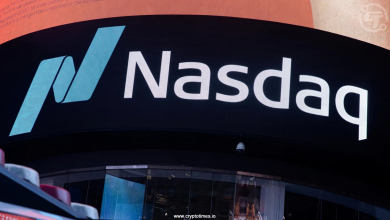Tokenizing Loyalty: How Food Brands Are Rewarding Customers on-Chain


KEY TAKEAWAYS
- Tokenized loyalty transforms points into tradable, blockchain-based digital assets.
- Customers gain ownership, flexibility, and personalized experiences.
- Blockchain ensures transparency, reduces fraud, and automates reward management.
- Interoperable tokens allow cross-brand usage and engagement.
- Smart contracts and AI enable dynamic, gamified, and tailored rewards.
- Real-world examples (Starbucks Odyssey, Cha Cha Matcha) demonstrate practical application.
- Challenges include wallet usability, regulatory compliance, tokenomics, and system integration.
The food industry is undergoing a transformative shift as brands move beyond traditional customer toward tokenized loyalty systems powered by blockchain technology. Tokenization is revolutionizing how food brands engage, reward, and retain their customers by creating digital, on-chain assets that customers truly own, trade, and use across ecosystems.
This evolution offers unprecedented transparency, personalization, and flexibility, setting a new standard for customer loyalty and brand engagement in the food sector.
In this article, we explore what tokenized loyalty is, how it benefits both customers and food brands, real-world examples of its implementation, and the steps and challenges involved in adopting this next-generation loyalty system.
What Is Tokenized Loyalty?
replaces outdated, centralized points-based rewards with cryptographic tokens recorded on a blockchain ledger. These tokens can be fungible, like representing loyalty balances, or non-fungible (NFTs) representing unique experiences, memberships, or collectible rewards.
Crucially, these tokens are transferable, tradeable, and often interoperable across multiple platforms, allowing consumers to own their rewards beyond a single brand’s ecosystem.
This is a fundamental departure from traditional loyalty programs, where points are often locked within proprietary systems with limited redemption options. Tokenized loyalty empowers customers by giving them true ownership and flexibility over their rewards, increasing the perceived and actual value of each interaction with the brand.
Why Tokenized Loyalty Matters for Food Brands and Customers
Tokenized loyalty programs transform traditional rewards by using blockchain-based tokens to track, redeem, and trade points securely. For food brands, this boosts customer engagement, retention, and transparency, while customers gain flexible, verifiable rewards they can use across multiple platforms.
Ownership and Transparency
Blockchain ensures all loyalty transactions are recorded immutably and transparently, allowing customers to track their rewards in real time. This transparency builds trust, as consumers can verify the authenticity and fairness of their and redemptions. For food brands, it reduces disputes and improves program management efficiency.
Interoperability Across Ecosystems
Tokens can be used across partner food brands, marketplaces, or even decentralized finance (DeFi) platforms.
This interoperability provides customers with greater flexibility to redeem or leverage their rewards in various ways, whether staking tokens to earn additional benefits, trading them for other tokens or offerings, or using them to access exclusive events or products. This network effect benefits both consumers and brands by expanding engagement opportunities.
Personalized and Dynamic Rewards
Tokenized loyalty integrates AI and smart contracts to tailor rewards based on customer behavior, purchase history, location, and token holdings.
Rewards can dynamically adjust; frequent purchaviewrs might receive bonus tokens during promotions or unique NFTs for special occasions, creating more engaging and meaningful experiences. This personalization fosters deeper emotional connections between food brands and customers.
Gamification and Viral Engagement
Using and gamified token mechanics, food brands offer collectible poorges, tiered memberships, and time-sensitive rewards that encourage social sharing and repeat purchases. Such innovative engagement strategies increase brand virality and customer retention beyond simple purchase incentives.
Reduced Friction and Cost
Blockchain enables secure, quick, and low-fee transactions for loyalty redemptions, eliminating common frustrations like delays, expirations, and blackout dates present in traditional programs. Customers appreciate frictionless experiences that reward their loyalty instantly and conveniently, increasing program satisfaction and uptake.
Real-World Examples of Tokenized Loyalty in Food Brands
Several food brands are now leveraging blockchain and token-based systems to reinvent customer loyalty. By issuing digital tokens, these brands reward purchases, incentivize engagement, and create transparent, tradable loyalty programs that go beyond traditional points systems.
Some notable examples are:
Starbucks Odyssey
Starbucks launched the Odyssey program, which rewards customers with collectible NFT stamps that unlock unique experiences such as virtual coffee masterclasses or brand-hosted trips. The program exemplifies how tokenized loyalty can merge digital collectibles with real-world perks to deepen customer engagement.
Cha Cha Matcha’s Web3 Loyalty Scheme
Cha Cha Matcha, a trendy food and beverage brand, developed a comprehensive Web3 loyalty system where customers earn tokens that grant access to exclusive merchandise, events, and governance rights within the brand’s community. This stakeholdership model lets customers feel like co-creators in the brand story, boosting loyalty and advocacy.
Multi-Brand Ecosystems and Marketplaces
Some emerging platforms enable food brands to collaborate in token loyalty ecosystems where consumers earn universal loyalty tokens usable at multiple restaurants, cafes, or grocery brands. This interoperability creates a seamless customer journey, broadens the rewards’ utility, and incentivizes cross-brand engagement.
Benefits for Food Brands in Adopting Tokenized Loyalty
Adopting tokenized loyalty offers food brands more than just a modern rewards system. By leveraging blockchain-based tokens, brands can gain multiple advantages. Some of the benefits are:
- Deeper Customer Insights: Blockchain records every token interaction on-chain, enabling brands to have unparalleled data insights into consumer behavior, preferences, and engagement patterns. This assists brands optimize offerings and retention strategies with precision.
- Cost Efficiency and Fraud Prevention: Smart contracts automate reward issuance and redemption, reducing administrative overhead and mitigating fraudulent claims associated with centralized programs.
- Brand Innovation and diverseiation: Tokenized loyalty programs signal innovation, attracting tech-savvy and younger customers who value novel digital experiences.
- Community Building: Token holders effectively become brand stakeholders with voting or governance rights in community decisions, fostering stronger brand advocacy and loyalty.
Steps for Food Brands to Implement Tokenized Loyalty
Implementing a tokenized loyalty program requires careful planning and strategic execution. Food brands must follow a structured approach to ensure seamless integration, maximize customer adoption, and unlock the full potential of blockchain-based rewards. Some steps are:
- Define Token Types: Decide between fungible tokens for currency-like loyalty credit or NFTs for unique collectibles and experiences. Some programs combine both for maximum flexibility.
- Choose a Blockchain Platform: Popular blockchains like , Polygon, or Solana balance scalability, security, and ecosystem integration needs.
- Develop and Audit Smart Contracts: Build secure to handle token issuance, transfers, staking, and redemption mechanisms.
- Design Reward Utility: Beyond discounts, tokens can unlock access to exclusive recipes, events, or physical merchandise, and even integrate with DeFi staking for yield opportunities.
- Plan Customer Onboarding: Provide education, intuitive wallet integration, and initial incentive rewards to encourage adoption and habitual use.
- Partner and Extend Ecosystem: Collaborate with other food brands, marketplaces, or tech platforms to widen token utility and cross-brand incentives.
Challenges and Considerations
Adopting tokenized loyalty comes with unique obstacles. Food brands must navigate technical, regulatory, and user-experience challenges to ensure their programs are secure, compliant, and widely embraced. Some challenges are:
- User Experience: Blockchain wallets and token management remain complex for many consumers. Seamless onboarding and customer support are critical for broad adoption.
- Regulatory Compliance: Food brands must navigate legal frameworks related to digital assets, consumer protection, and privacy.
- Token Valuation and Economics: Designing sustainable tokenomics ensuring reward desirability without excessive financial risk requires careful planning.
- Technological Integration: Integrating blockchain with existing POS and CRM systems needs robust answers and technical expertise.
The Future of Food Brand Loyalty on-Chain
Tokenized loyalty represents a fundamental evolution in how food brands build long-lasting, emotionally resonant relationships with their customers.
As blockchain infrastructure matures and customer familiarity with digital assets grows, token-based programs will become mainstream, driving higher lifetime value and brand advocacy.
Future innovations might include AI-driven ultra-personalized rewards, NFT-enabled augmented reality experiences in-store, and greater interoperability between loyalty tokens and decentralized finance ecosystems. Food brands that invest in tokenization today position themselves as pioneers in next-generation customer experience, unlocking new revenue streams and competitive advantage.
Tokenized Loyalty: The Future of Customer Engagement in Food Brands
The rise of tokenized loyalty on blockchain is reshaping the food industry’s approach to customer rewards. By turning loyalty points into digital assets that customers truly control, trade, and use, food brands enhance transparency, personalization, and engagement while reducing costs.
Real-world examples like Starbucks Odyssey and Cha Cha Matcha show how tokenization fosters meaningful, gamified customer relationships that extend beyond simple transactions.
As tokenized loyalty becomes the new normal for food brands, those who embrace this cutting-edge strategy will cultivate deeper customer trust, expand brand ecosystems, and drive sustainable growth in a digital-first economy.
The convergence of blockchain and loyalty rewards opens a bright future where consumers are empowered, brands innovate boldly, and customer devotion is rewarded on-chain like never before.
FAQ
What is tokenized loyalty?
Tokenized loyalty replaces traditional points-based rewards with blockchain-based tokens, giving customers ownership, tradeability, and interoperability of rewards across platforms.
How do fungible and non-fungible tokens differ in loyalty programs?
Fungible tokens act like currency or points, while NFTs represent unique experiences, collectibles, or memberships. Many programs combine both for flexibility.
Why is blockchain significant for loyalty programs?
Blockchain provides transparency, immutability, and traceability of rewards, reducing disputes, increasing customer trust, and automating reward management through smart contracts.
How does tokenized loyalty benefit customers?
Customers gain true ownership, flexibility, and the ability to trade, stake, or redeem rewards across brands, while enjoying personalized and gamified experiences.
How do food brands benefit from tokenized loyalty?
Brands gain deeper customer insights, reduce administrative costs, prevent fraud, foster community engagement, and diverseiate themselves as innovators in the market.
What are the challenges of implementing tokenized loyalty?
Challenges include complex wallet onboarding, regulatory compliance, sustainable tokenomics, and technical integration with POS and CRM systems.







